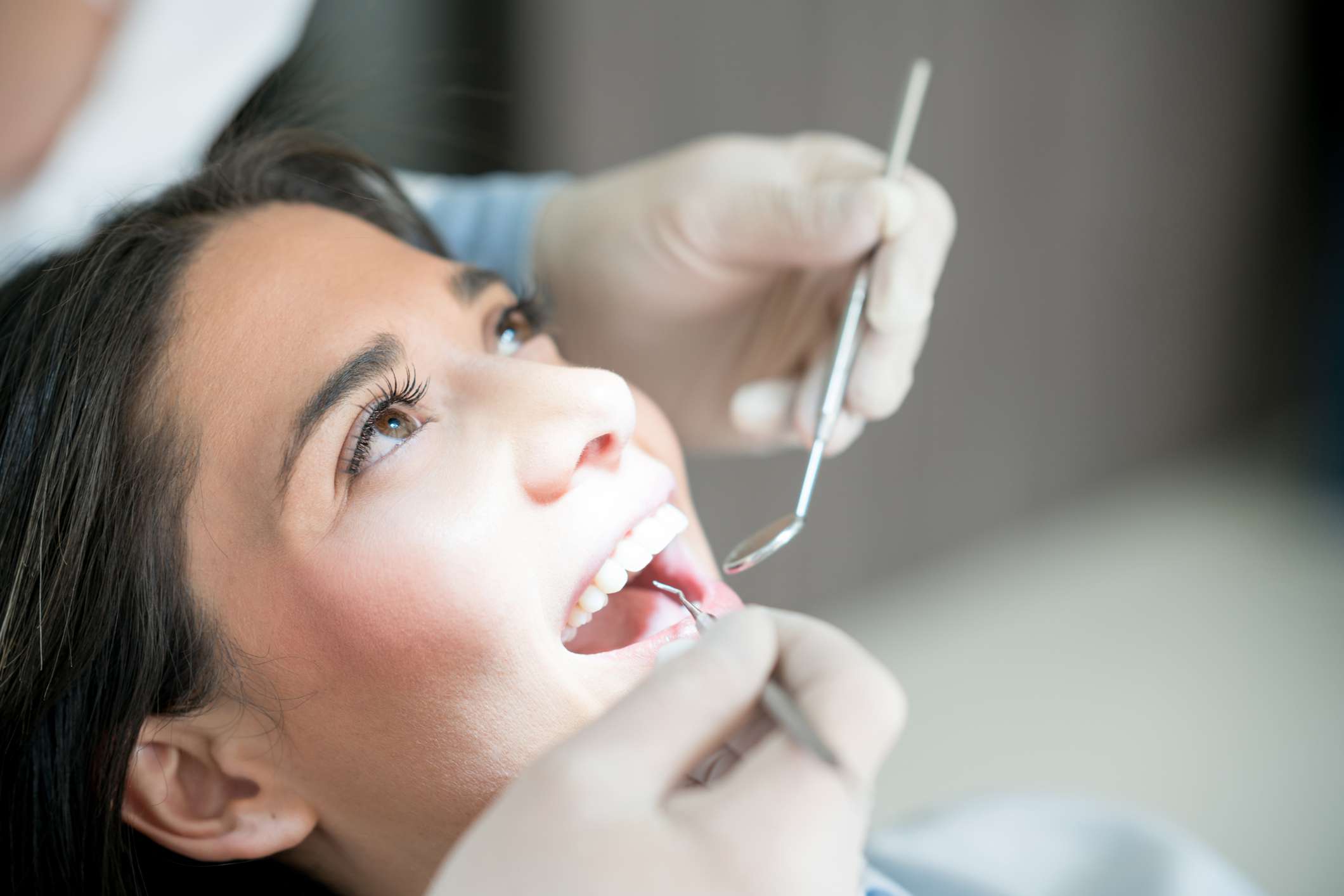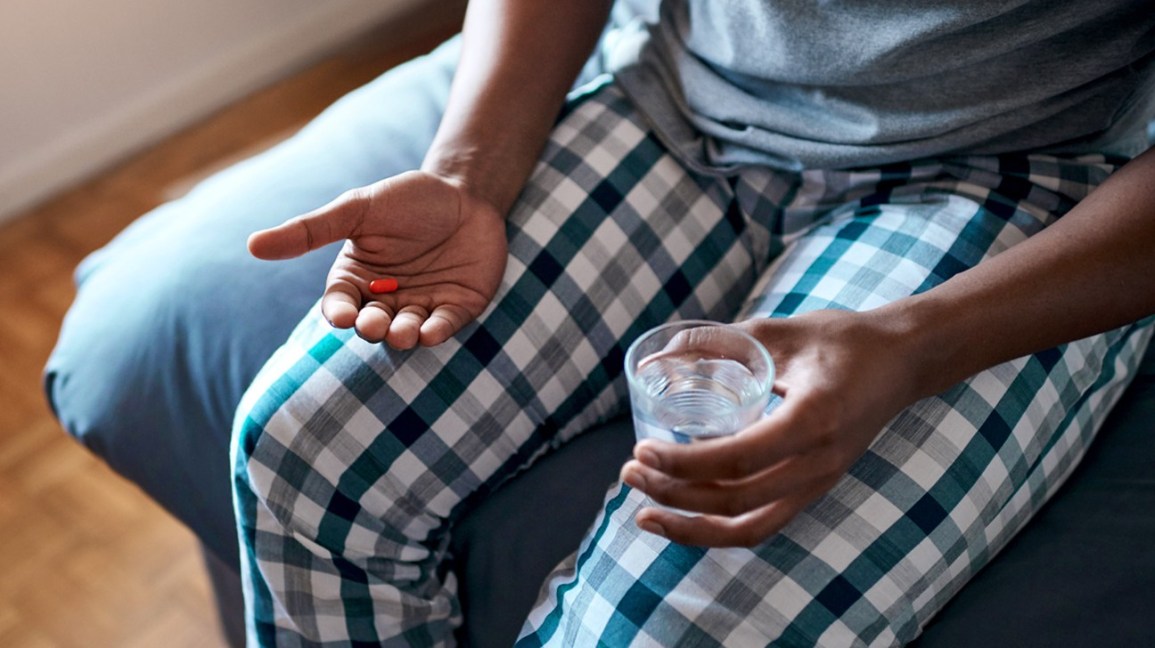
Untreated sleep apnea and snoring could be hurting your oral health, and it’s not just your mouth that pays the price. If you’re not sure how to deal with your medical condition, then be sure to go through this piece in its entirety.
Snoring can lead to tooth loss, gum disease, dry mouth, and other issues that you don’t want to deal with. A study from Italy found that men who have untreated sleep apnea are 45 percent more likely to lose all teeth than men who don’t have sleep apnea.
Snoring, which is often a sure indication of sleep apnea, can also lead to tonsil or adenoid enlargement, which in turn can trigger pain when you swallow. That’s why people with snoring problems tend to clench and grind their teeth at night to stop the pain.
The good thing is that you can do something about your snoring and sleep apnea besides taking a sleeping pill every night. Dentistry has made some significant advances in recent years when treating both problems, which means you can get relief without relying on medication.
If you’re losing sleep over your snoring, it’s time to see a dentist. Dentists are trained to deal with snoring and sleep apnea problems, often relieved by minor oral appliances. Many dentists can treat sleep apnea, not everybody. It’s an out-of-the-box treatment for dentistry, but it does work.
Your dentist will likely recommend continuous positive airway pressure (CPAP) therapy, a non-drug treatment for sleep apnea. It consists of a face mask that’s worn over your nose during the night. The mask blows air into your throat so that you don’t have to hold your breath while you’re sleeping, which can cause sleep apnea.
CPAP effectively gets rid of sleep apnea, but it’s probably not your long-term solution. If you’re like most individuals, the idea of wearing a mask over your nose all night might not sound too appealing, and that’s where another therapy called oral appliances come into play.
Oral appliances fit snugly in your mouth and help to keep the airway open during sleep, which helps you sleep better and reduces or stops your snoring. In some cases, oral appliances can be used with CPAP, but they’re a good alternative for people who don’t want to use a mask.
For most patients, it will be a more convenient form of treatment. You can take it home with you; you can travel. It’s really about giving the patient freedom.
Dentists are also experts at treating people for dry mouth, which is another problem that plagues snorers. They’re seeing these patients every six months to a year for cleanings and exams so that they can provide that treatment.
Dentists are not only experts in the oral health issues that snorers face; they’re also trained in diagnosing sleep apnea. If you go to your regular dentist with a complaint about snoring, they will likely refer you to an experienced specialist for an overnight sleep study.
According to a sleep apnea snoring dentist, many snorers don’t realize that they have a problem until it’s too late. Many people will go several years without ever having any clue what’s going on with them. Their primary physician will tell them they need to work on their weight or stop smoking, but these are just generalized things that don’t help the patient.
The best thing to do if you snore or have any other sleep apnea symptoms is to see your dentist. It’s easier than you think, and unlike CPAP therapy, oral appliances won’t cost you an arm and a leg. It’s a treatment that can significantly impact the quality of life.
Closing Thoughts
This article is proof enough that there are many benefits to visiting the dentist regularly. While it might be intimidating for some people to find a good dentist, everyone needs to keep health in mind at all times. We want our readers to live their best life, including having their teeth and gums checked out now and then. We understand that not everyone can afford to go to the dentist as often as they’d like, so we wanted to provide you with some information about how much it costs.




